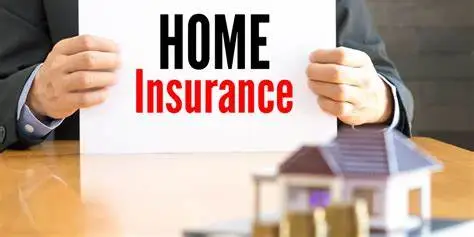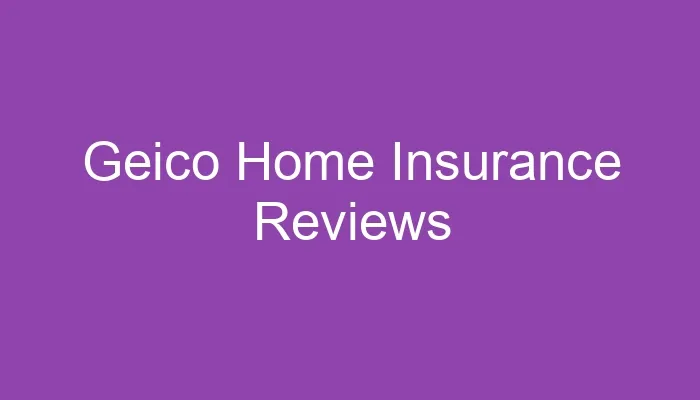When it comes to protecting your home, homeowner insurance is one of the most important investments you can make. However, finding the best homeowner insurance quote can be challenging due to the variety of options available. This guide will help you understand the types of coverage, the factors influencing your quote, and how to compare policies to find the best deal for you.

What is Homeowner Insurance?
Homeowner insurance is a type of coverage that protects your home and belongings from unexpected events like fire, theft, or natural disasters. A typical homeowner insurance policy includes several key components:
- Dwelling Coverage: Covers the structure of your home, including walls, roof, and foundation.
- Personal Property Coverage: Protects your personal belongings, such as furniture, electronics, and clothing.
- Liability Protection: Offers coverage if someone is injured on your property or if you accidentally cause damage to someone else’s property.
- Additional Living Expenses: Covers the cost of temporary living arrangements if your home becomes uninhabitable due to a covered loss.
Why Do You Need Homeowner Insurance?
- Protection for Your Property: Your home is a significant financial investment. Homeowner insurance ensures you’re covered in case of damage or destruction.
- Mortgage Requirement: If you have a mortgage, your lender will typically require homeowner insurance to protect their investment.
- Liability Coverage: In the event of an accident or injury on your property, liability coverage protects you from legal and medical costs.
Key Factors That Affect Your Homeowner Insurance Quote
Several elements affect how much you’ll pay for homeowner insurance. Being aware of these factors can help you manage your premiums effectively:
- Location: Homes in areas prone to natural disasters (such as floods, hurricanes, or earthquakes) or in high-crime neighborhoods often face higher premiums.
- Home Characteristics: The age, size, and condition of your home can impact your quote. Older homes or those with outdated electrical systems might cost more to insure.
- Coverage Amounts: The higher your coverage limits (for both your dwelling and personal property), the higher your premiums.
- Deductible: A higher deductible usually means lower premiums, but it also means you’ll pay more out of pocket if you need to file a claim.
- Claims History: A history of frequent claims can raise your rates. Insurers may view you as a higher risk.
- Credit Score: In some states, insurers use your credit score to help determine your premium, with better credit typically resulting in lower rates.
How to Find the Best Homeowner Insurance Quote
1. Evaluate Your Insurance Needs
Start by determining how much coverage you need. Calculate the cost to rebuild your home, including the value of your personal belongings, and assess potential liability risks. This will help you set appropriate coverage limits.
2. Shop Around for Multiple Quotes
Don’t settle for the first quote you receive. Comparing multiple quotes from different insurance providers allows you to find the best rate. You can use online tools or work with an insurance agent to help streamline this process.
3. Ask About Discounts
Many insurers offer discounts that can reduce your premium:
- Multi-Policy Discount: Bundling your home and auto insurance can lead to savings.
- Safety Discounts: Installing security systems, fire alarms, and other safety measures can lower your premiums.
- Loyalty Discounts: Insurers may offer discounts to long-term customers or those who renew their policies early.
4. Understand the Policy Details
It’s crucial to thoroughly understand the terms of your homeowner insurance policy. Be sure to review the coverage limits, exclusions, and any additional riders or endorsements that may apply. Common exclusions include damage from floods or earthquakes, which may require separate coverage.
5. Choose a Reliable Insurer
Look for a company with a good financial standing and reputation for customer service. Check online reviews and consult financial rating agencies like A.M. Best to ensure the insurer can fulfill claims and provide a good customer experience.
6. Review Your Policy Regularly
Your needs may change over time, so it’s important to review your policy each year to make sure you’re still adequately covered. Reevaluate your coverage limits, especially after making home improvements or purchasing valuable items.
Common Mistakes to Avoid When Choosing Homeowner Insurance
- Underinsuring Your Property: Make sure your dwelling and personal property coverage reflect the true replacement cost of your home and belongings.
- Focusing Only on Price: While it’s important to find an affordable policy, don’t sacrifice necessary coverage for a cheaper premium. A policy with lower coverage may not provide the protection you need.
- Neglecting Exclusions: Carefully read the policy exclusions to understand what’s not covered. Consider purchasing additional coverage for things like floods or earthquakes if you live in a high-risk area.
- Not Updating Your Policy: If you make significant changes to your home, such as renovations or new purchases, be sure to update your policy to reflect these changes.
Conclusion
Finding the best homeowner insurance quote doesn’t have to be a daunting task. By evaluating your coverage needs, comparing quotes, and understanding the factors that affect your premium, you can find a policy that offers the right protection at an affordable price. Regularly reviewing your policy and seeking out discounts will ensure that you continue to receive the best value for your homeowner insurance. With the right policy in place, you can rest easy knowing your home and belongings are protected.




